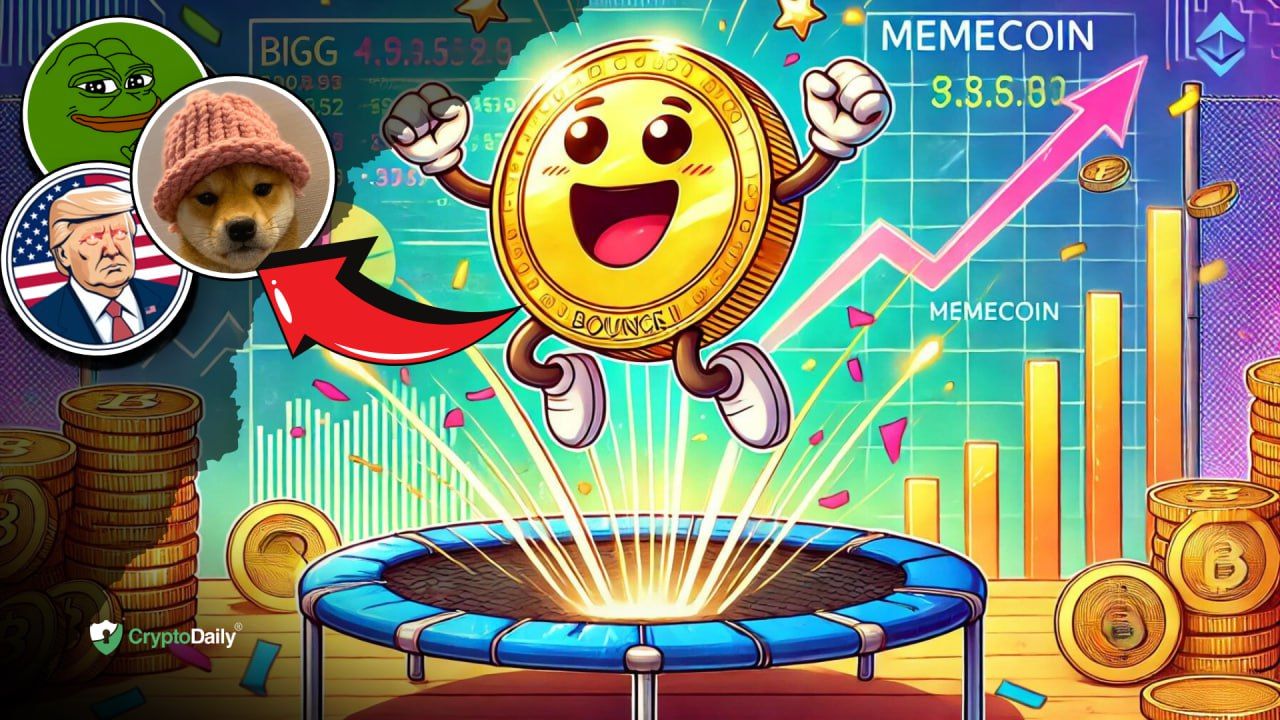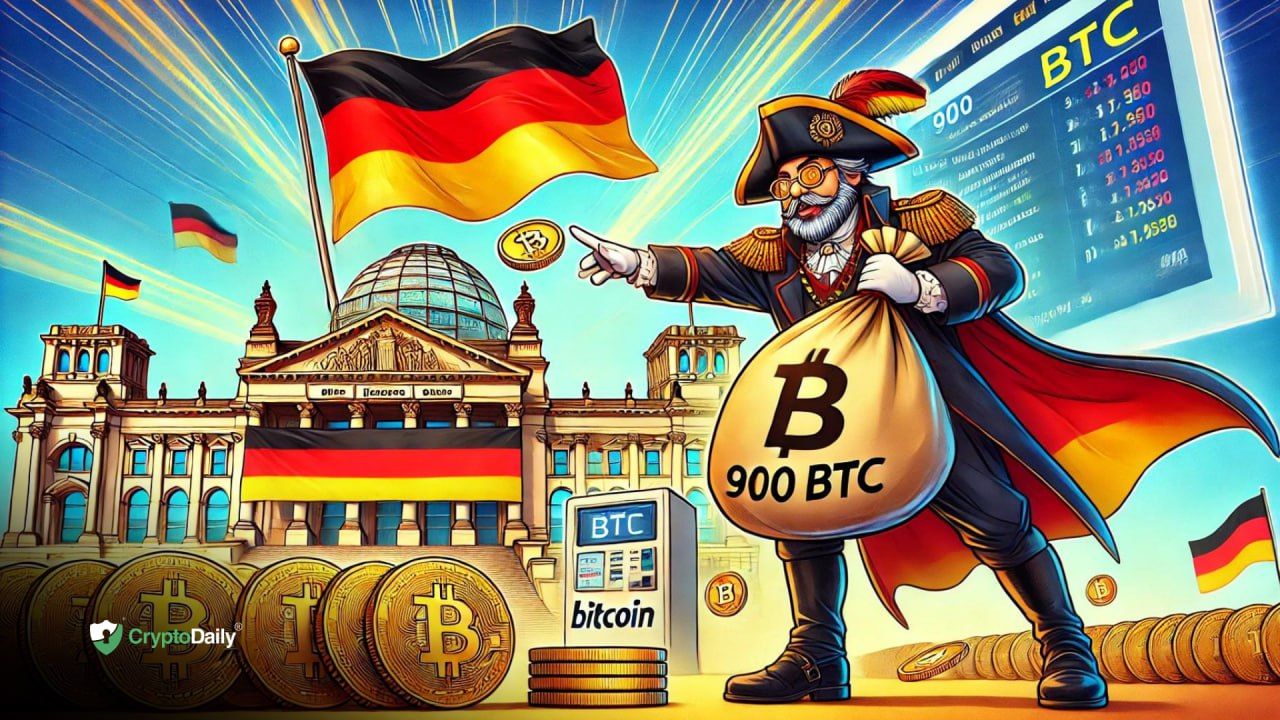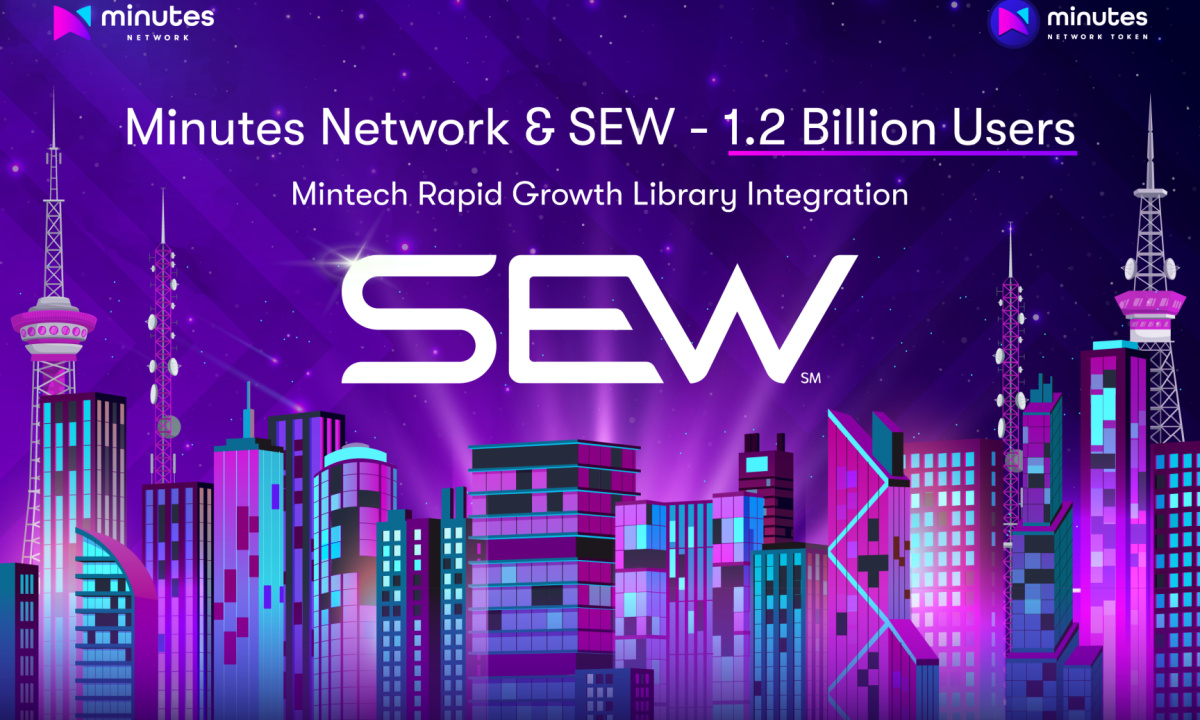Table of Contents
- Certain NFTs To Be Classed as Regular Cryptocurrencies
- NFTs Not Subject to Virtual Asset Users Protection Act
- Ensuring Regulatory Clarity
South Korea’s Financial Services Commission (FSC) published new guidelines to regulate NFTs. According to the new rules, the financial regulator will reportedly treat certain NFTs as regular cryptocurrencies.
South Korea’s financial regulator issued new guidelines relating to non-fungible tokens (NFTs). According to local reports, the Financial Services Commission (FSC) deems certain NFTs to be regular cryptocurrencies should they no longer have unique characteristics that distinguish them from cryptocurrencies.
Certain NFTs To Be Classed as Regular Cryptocurrencies
On Monday, the FSC issued new guidelines clarifying how NFTs should be regulated. According to reports from Yonhap news agency, the South Korean financial regulator will treat certain non-fungible tokens as regular cryptocurrencies if they no longer hold the unique traits that differentiate them from cryptocurrencies.
The newly issued guidelines come ahead of the implementation of South Korea’s “Virtual Asset User Protection Act” on the 19th of July.
Per the guidelines, the regulator may classify an NFT as a cryptocurrency in a regulatory context in the following instances:
- If it is mass-produced.
- If it is fairly exchangeable.
- If it can be fractionalized.
- If it is used for the payment of goods and services.
On the other hand, digital tokens that are non-transferable and have little to no economic value would be classed as regular NFTs.
The FSC clarified, "If it takes the form of an NFT but is actually a virtual asset, the ‘Virtual Asset User Protection Act’ applies.”
NFTs Not Subject to Virtual Asset Users Protection Act
The FSC’s decision to clarify the regulatory technicalities surrounding NFTs was necessitated as the country prepares to implement the ‘Virtual Asset User Protection Act.’
Yonhap reports that NFTs refer to tokens with “unique” information that is “impossible to replace” with anything else.
Non-fungible tokens are excluded from the scope of virtual assets subject to the incoming legislation as they are issued in limited quantities and mainly traded for the purposes of collecting content. The qualities of NFTs mean the number of holders and secondary transactions is limited.
Jeon Ypo-seop, Head of the Financial Innovation Planning Division of the FSC, explained:
“For example, if 1 million NFTs were issued, there would be a lot of transactions and there is a possibility that they would be used for payment purposes.”
The FSC, however, explained that it will manage classifications on a case-by-case basis rather than present a specific issuance volume as a criterion.
Ensuring Regulatory Clarity
The South Korean government recognizes the need for absolute regulatory clarity in the digital asset sector and is acting accordingly. In 2023, the FSC proposed several mandates regarding the industry, including rules forcing companies to disclose crypto holdings.
The country has a seemingly warm approach to blockchain technology, which fosters a welcoming environment for digital asset investment. In December, the FSC announced an interest benefit mandating that digital asset investors receive interest when depositing funds into crypto exchanges. The Bank of Korea (BOK) will also harness the power of blockchain and announced a pilot central bank digital currency (CBDC) program commencing in Q4 2024.
Disclaimer: This article is provided for informational purposes only. It is not offered or intended to be used as legal, tax, investment, financial, or other advice.
Investment Disclaimer











